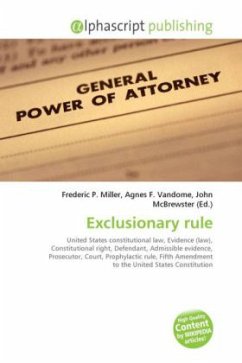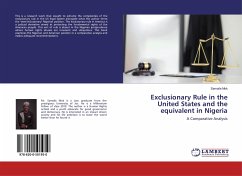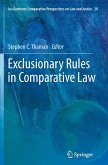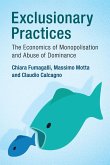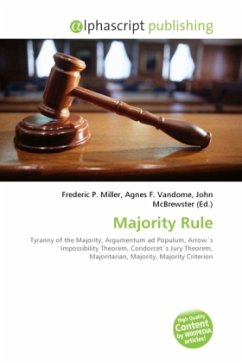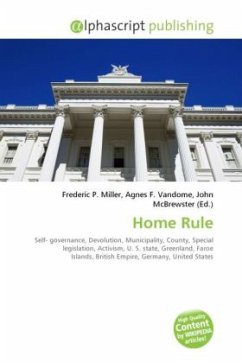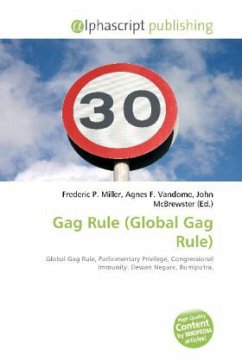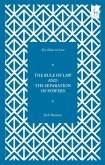The exclusionary rule is a legal principle in the United States, under constitutional law, which holds that evidence collected or analyzed in violation of the defendant's constitutional rights is sometimes inadmissible for a criminal prosecution in a court of law. This may be considered an example of a prophylactic rule formulated by the judiciary in order to protect a constitutional right. However, in some circumstances at least, the exclusionary rule may also be considered to follow directly from the constitutional language, such as the Fifth Amendment's command that no person "shall be compelled in any criminal case to be a witness against himself" and that no person "shall be deprived of life, liberty or property without due process of law." "The exclusionary rule is grounded in the Fourth Amendment and it is intended to protect citizens from illegal searches and seizures." The exclusionary rule is also designed to provide a remedy and disincentive, which is short of criminalprosecution in response to prosecutors and police who illegally gather evidence in violation of the Fifth Amendment in the Bill of Rights compelled to self-incrimination.
Bitte wählen Sie Ihr Anliegen aus.
Rechnungen
Retourenschein anfordern
Bestellstatus
Storno

